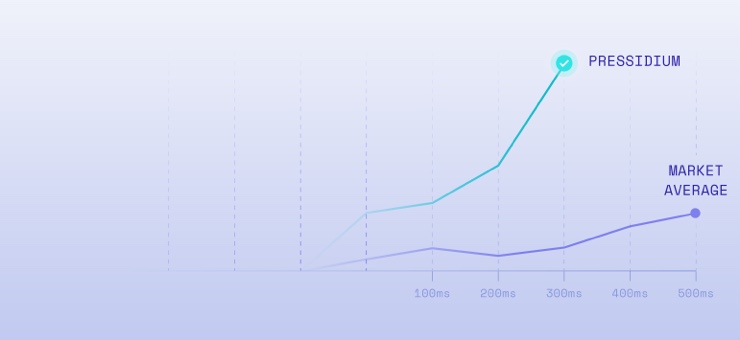
If you’ve previously built a WordPress website only to find that further down the road your chosen theme doesn’t offer the ability to scale to meet your needs then, it’s possible you chose the wrong theme in the first instance. Of course, hindsight is a wonderful thing but, is it possible prior to choosing a theme, to list some key criteria that will help ensure you choose the right WordPress theme in the first instance? We think so and in this article we’re going to run through some core elements that should be taken into account when choosing your next WordPress theme.
Why is Choosing a WordPress Theme so Hard?
When it comes to choosing a WordPress theme for your website overwhelm can quickly set in! Why? Well for starters, the sheer amount of choice makes selecting a theme incredibly tricky. Not only can you source a theme from the WordPress theme repository (which at last count had 3,972 to choose from), but there are also any number of them ‘marketplaces’ online plus a large community of theme authors selling one or two of their own themes, often through their own website.
Marketplaces like Theme Forest are a good starting point in your hunt for a premium theme but if you were feeling overwhelmed before then brace yourself… Theme Forest alone has a staggering 49,925 WordPress themes and website templates (that could be converted to a WordPress theme) to choose from.
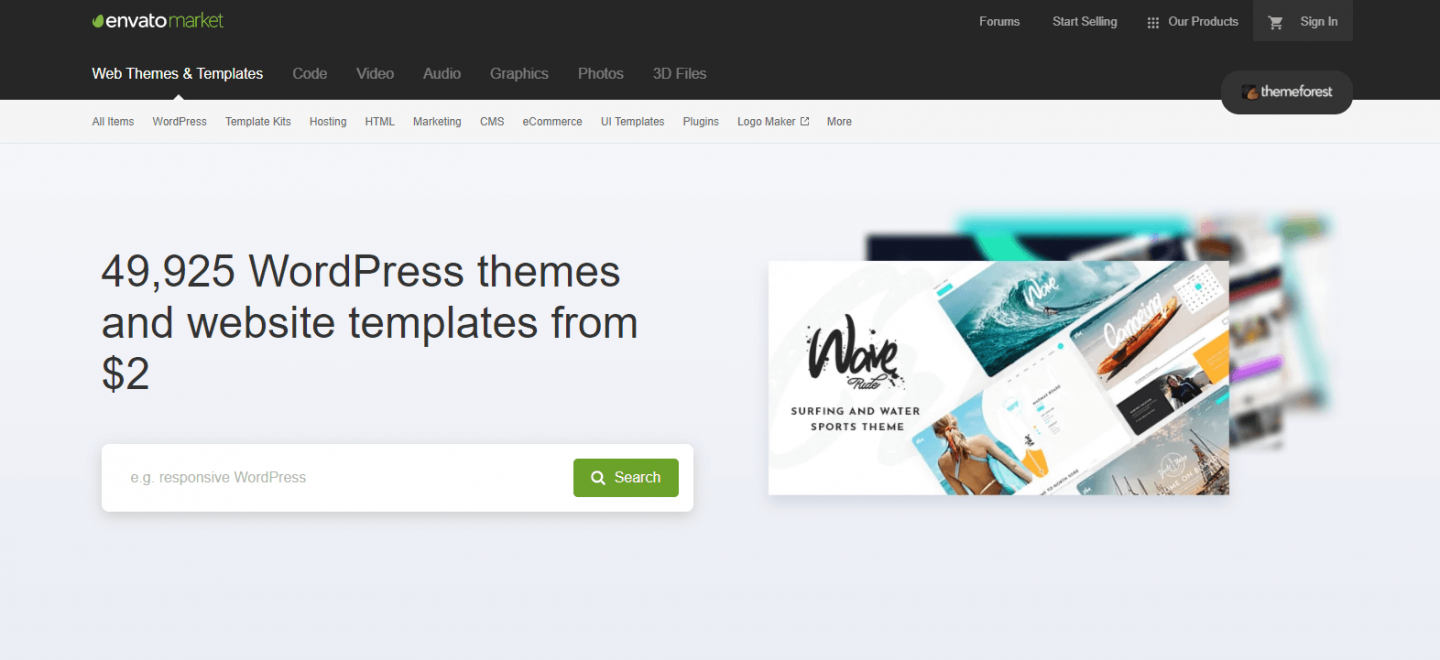
So, in order to stand any chance of selecting the right theme for your project from the outset it’s going to be necessary to narrow down your choice by setting some base criteria that a potential theme must meet before being considered.
WordPress Theme Selection Criteria
Some themes can cost in excess of $100 or more so, before hitting the ‘buy’ button, have a read through our list of ten aspects to consider when choosing a theme to help ensure you make the right decision.
What is Your Website For?
Perhaps this question seems obvious but it’s well worth trying to define exactly what you want to achieve with your new website. If you find this hard then odds are that you’ve yet to really define this clearly enough.
Consider the content that will go on your website. For example, if you are a journalist, your website should be especially easy to read. As such, this should be a key consideration when looking at themes. Ask yourself what other features you’d like to offer your readers. Perhaps you’ll want to make it easy for them to save articles of interest for future reference or to read later. Does a potential theme offer this level of functionality? If not, would a plugin that does be compatible with this theme?
Think about colors and fonts. Your website is a reflection of your business so, if you already have brand guidelines in place for things like this, will it be possible to customize a potential theme to match these?
It’s also worth getting feedback from your target audience before ultimately settling on a theme – ask the question ‘what would you expect to see and/or be able to do on our new website’. The answers may surprise you. Ultimately though you should be confident that what you ultimately end up building will be what your customers/clients/readers are after.
Choose a Theme That Matches Your Skill Set
Some themes are a LOT easier to customize than others. If you’re a WordPress newbie then it’s likely that you’ll need to choose a theme that is easy to use, well documented and well supported. Don’t fall into the trap of thinking that all themes are created equal in this regard. They definitely are not!
If on the other hand you are planning on using a designer or developer to build your new website then make sure you seek out their opinion on a potential theme before purchasing. They will almost certainly have worked with a large number of themes and will be able to let you know if a potential candidate is likely to be hard to work with… and bear in mind that if your developer finds it hard to use the theme then you could see your build bill go up as well as increasing the chances of getting a sub-optimal result.
Choose a Theme That is Responsive
Thinking about using a theme that isn’t mobile responsive? Stop right there… with very few exceptions, any website built today MUST be mobile responsive. More and more people are using mobiles or tablets to browse online. Not only are you going to seriously inconvenience them by not offering a mobile responsive browsing experience but you’ll also suffer at the hands of Google who actively penalize websites in the SERPs that aren’t mobile friendly. You have been warned!
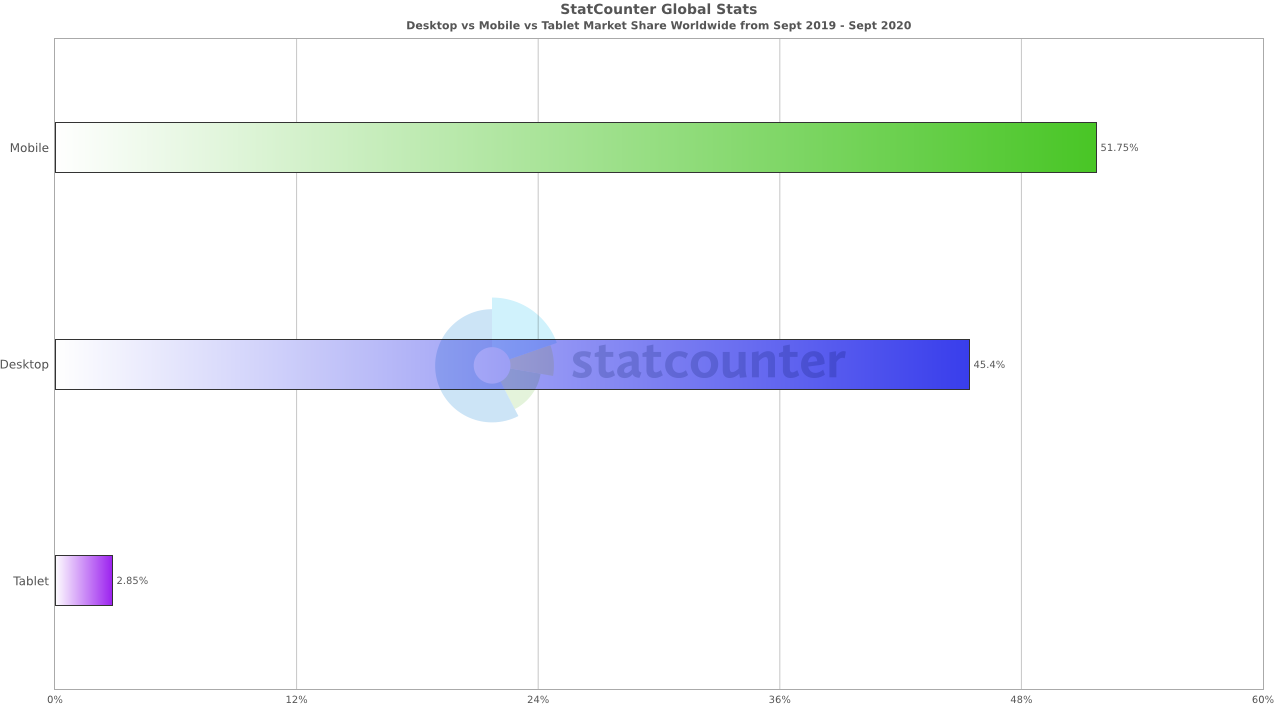
If you’re interested in finding out more about mobile responsive websites and how they work, check out a recent article ‘An Easy Guide to Coding a Responsive Web Page‘ for more information.
Budget
Free or Premium, that is the question! Free themes are, as you might expect, free to use. Premium themes on the other hand have to be paid for. Prices vary wildly but expect to pay $50 upwards for a quality premium theme.
So, what are the pros and cons of each? Well, free themes are clearly attractive because, well, they’re free. And it is definitely possible to get good quality themes without spending any money. It’s perhaps fair to say though that high quality free themes are few and far between. Why? Well, developing and maintaining a theme takes a lot of time. Time that many developers can’t afford to just give away by publishing their theme for free.
Premium themes on the other hand are often of better quality as there is some incentive from the theme author to make sure they are selling a good product (although, just because it is a paid for theme doesn’t guarantee it will be high quality). In addition, premium themes often come bundled with licences to plugins that extend functionality, are kept up-to-date (so they remain compatible with future releases of WordPress) and support is often included in the fee. There are also a lot more to choose from, increasing the likelihood that you’ll find theme that matches your requirements.
In reality, for the sake of a relatively modest fee, premium themes are normally the way to go.
Code Quality
Hot on the heels of our discussion around Free vs Premium themes is our next tip… look for themes that are well coded.
It’s important to remember that just because a theme looks great it doesn’t mean that it’s been well-coded. Of course, it’s hard to tell without actually buying the theme and digging into the code if it does indeed meet the accepted standards for WordPress themes (and even then of course you’d likely need to be a developer in order to know what to look for).
Instead you’ll need to look closely at the comments and reviews about a theme. Think about the marketplace you’re buying from (for example, do they enforce certain standards on their sellers). Other metrics such as number of copies of a theme sold and how long it’s been available for can also help point to whether or not a theme is likely to have been well-coded.
It’ worth the effort to try and undertake some due diligence in this regard as a poorly coded theme can affect the speed of your website, clog up the database with junk and even expose your website to malicious attacks.
If you’ve already bought a theme and are concerned (or just curious) about whether or not it meets certain coding standards then you can use a plugin called Theme check by Theme Review Team to find out!
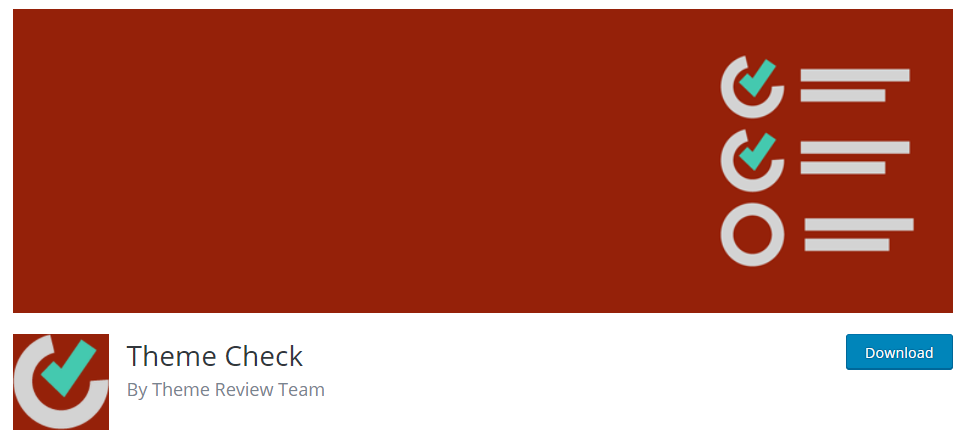
Support and Updates
As touched on briefly above, Premium themes (ones that have been paid for) normally include support from the theme author (or their team). For example, if you have issues with a bug in the theme, you would normally expect support from the theme author to help resolve this. Equally, if you’re not having a problem working out how to use a certain feature of the theme, you should be able to get assistance in this regard too.
Theme purchased from Theme Forest (by way of example) normally come with 6 months support – this should be enough time to get your website up and running and, if needed, to seek assistance. You can optimally extend this support for a further fee which may give you peace of mind that you’ve got backup if any issues crop up at a later date.
Conversely, free themes rarely come with support, beyond perhaps the option to post a question in a forum (with no guarantee of a response). This means if you did end up with an issue you’d be forced to pay a developer to sort it. A developers fees would normally far surpass the cost of a premium theme so, what once seemed a bargain (your free theme) suddenly ends up as a very uneconomical option, especially if your business suffers due to your website not working whilst you seek the services of a third party developer to resolve your problem.
Page Load Speed
Page loading speeds are a hot topic today. The general rule is the faster the page loads for an end user the better! There are two primary elements which may affect load times. First is the hosting. We’d always recommend you use a high quality, dedicated WordPress host like Pressidium to achieve optimal load times.
The second element that will affect load times is the theme itself and how well it’s coded. Additionally, the number and type of plugins used will also play a role. Fortunately there are a number of online tools that you can use to test a theme such as WebPageTest, PageSpeed Insights and GTmetrix where you can even target the results geographically and by device or type of connection. If you’ve purchased a theme then test it out prior to making too many modifications or, if you’ve yet to but the theme, then put the demo version (normally made available y the theme author to showcase the theme), to test.
SEO Friendliness
One important aspect you should check when considering a theme is whether it is SEO friendly or not. Things like page loads speeds will play a role as well as whether or not it is mobile responsive. Code output should be clean – to check this out you can try the W3C Markup Validation service to check a theme’s generated HTML output. If the number of errors seems high then perhaps consider an alternate theme.
Try our Award-Winning WordPress Hosting today!

Choose a Theme That Supports Popular Plugins
Odds are very high that, no matter what theme you choose, you will want to use some plugins to add features and extend functionality.
Before selecting a theme, if you know what plugins you are likely to use (for example security plugins or SEO enhancement plugins like Yoast), check that your chosen theme is compatible with these. On the whole most plugins work with most websites but, if a plugin has a particular importance to you then check it works! If you have any problems now then odds are these issues will only get worse as things evolve moving forward.
Multilingual Support
Do you need a multilingual website? If so, then choosing the right theme becomes even more important. Multilingual websites are by their very nature more complicated and some themes won’t play nicely with many of the multilingual plugins available like WPML. If you know you need (or are likely to need) a multilingual website then it’s vitally important to test a prospective theme with your multilingual plugin of choice.
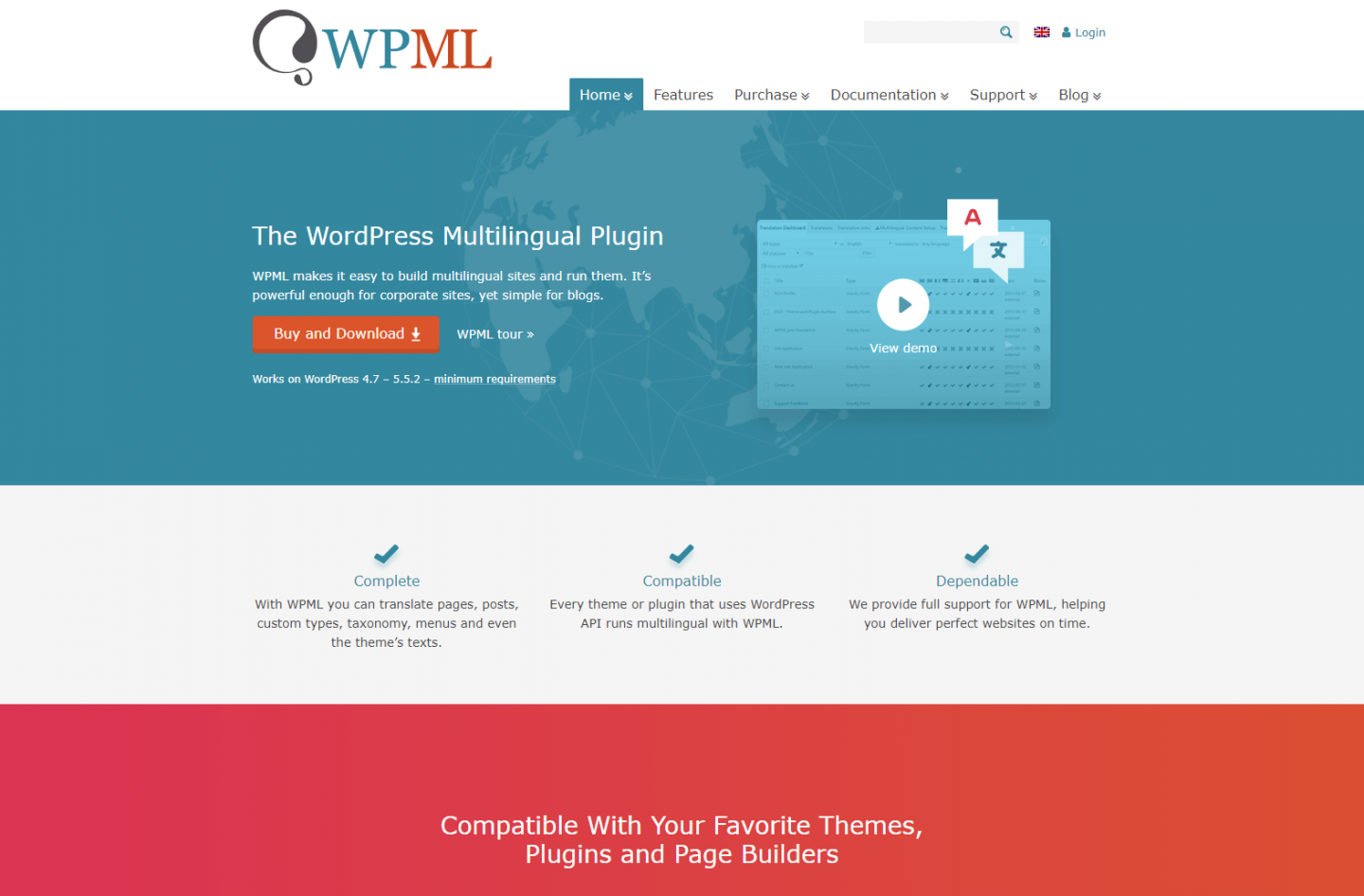
Depending on the language(s) needed you may also need to check that a theme will support RTL (Right to Left) text in-case you want to translate your content into languages that use right to left scripts. Themes that support this will be to use gettext functions to fetch the output for the current chosen language rather than reply on hard-coded text.
Conclusion
The most common mistake when choosing a theme is to focus too much on the visual appeal of a theme. A stylish theme design, whilst important, is not enough on its own. Research prospective themes thoroughly and check the following:
- Is the theme regularly updated?
- Is support provided?
- Does the theme support popular plugins like Yoast?
- Will a theme handle multiple languages if required?
- Does the theme load quickly?
- Is the theme easy to customize?
Take your time to choose the right theme and good luck with your new website!
Start Your 14 Day Free Trial
Try our award winning WordPress Hosting!







